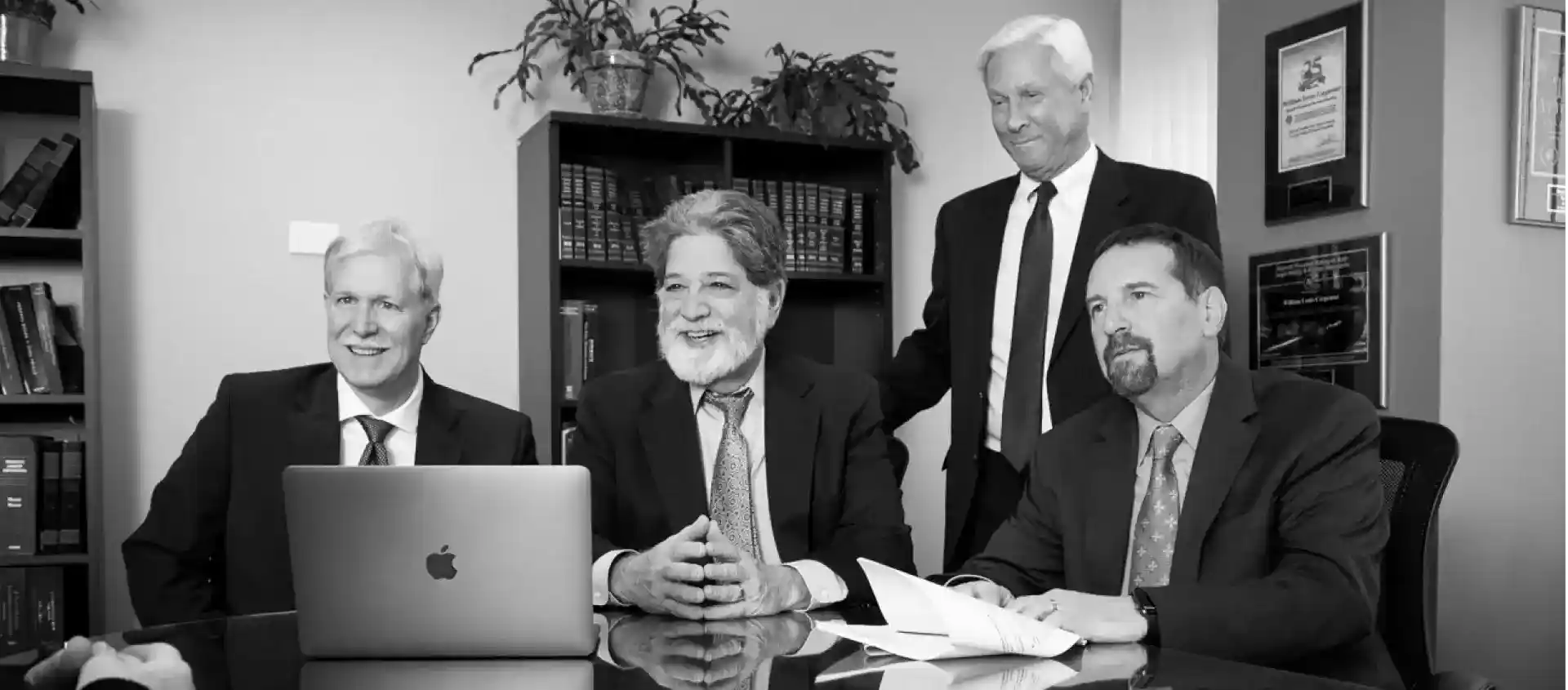What to Know About Detention & Arrest
A person is walking down a busy street during the summertime when they are stopped by the police. This individual is wearing a heavy jacket that looks like it’s stuffed with items, while everyone else in the surrounding area is wearing shorts and tank tops due to the intense summer heat.
The police officers stop this person because they’re reasonably suspicious of the bulky jacket in hot weather. They ask questions about the person’s presence and activity in the area and identifiable questions to get an idea of who this “suspicious” person is.
After brief questioning, officers pat down the individual to establish whether there is probable cause to make an arrest.
This scenario is an example of detention.
While patting the person down, officers discover several items with tags on them. Assuming these items are stolen, the officers ask questions like “Where did you purchase these?” “Do you have a receipt?” “Why didn’t you get a shopping bag to hold these items?”
The person responds with answers that don’t make sense to the officers, and they’re eager to get clarification. In their minds, the items were stolen, but they must confirm this. Therefore, they place handcuffs on the individual and drive them back to the police station.
This situation is an example of an arrest.
Detention
When police detain someone, they are essentially conducting a “brief and cursory” holding and questioning. Detentions may occur in public places or at the police station.
This quick and casual process typically occurs when police officers have reasonable suspicion that a person is breaking the law. Detentions should not last longer than needed and must not involve force, threats or any intrusive means.
Arrest
When the police have established probable cause to make an arrest, such as finding items with the tags attached in a person’s jacket pockets, they may do so. An arrest may involve tighter restraints on a person’s movement, such as handcuffs, physical force, placement in the back of a police car and a verbal notice that an arrest is taking place.
The difference between detention and arrest lies in various factors such as the length of the stop, use or need of force, number of officers involved and mannerisms of both the officers and suspect, among other elements.
A determining factor of whether a situation is detention or an arrest is whether the officer reads the Miranda Rights. When an officer arrests a person to take them into custody, they are required by law to read the Miranda Rights.
However, if a person feels like they aren’t free to go and leave their conversation with the police, they may feel like they’re under arrest whether their Miranda Rights were read or not.
Key Takeaways
A court will examine the details of the incident to determine whether an arrest or detention occurred, as there is no clear line between the two. In either case, it’s in your best interests to retain an attorney to protect your rights and prevent you from making self-incriminating statements.
Your life may change in an instant when you’re interacting with the police. Something that seems like an innocent conversation could quickly turn into a messy arrest, therefore you should not say anything besides “I wish to remain silent until my attorney is present,” or something of that nature.
Our criminal defense lawyers at Gerash Steiner & Blanton, P.C. are intimately familiar with detentions and arrests, and know how quickly your life can change. Thus, we are committed to ensuring you don’t make your situation worse than it needs to be. Let us help you get through this challenging time, as you are not alone.
Call us today!

